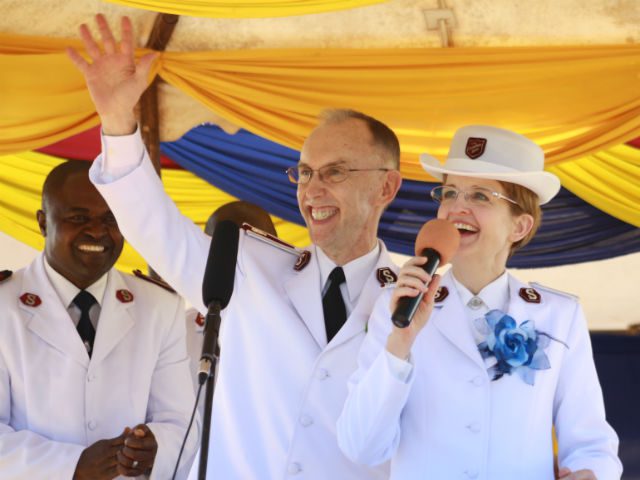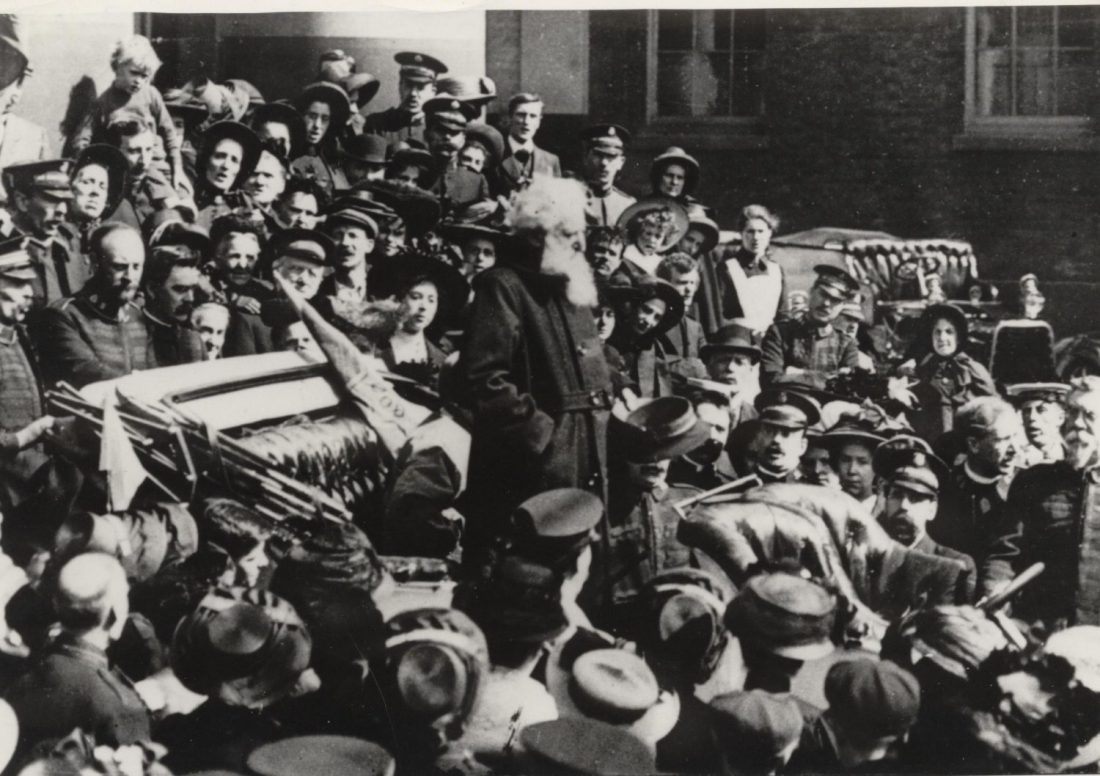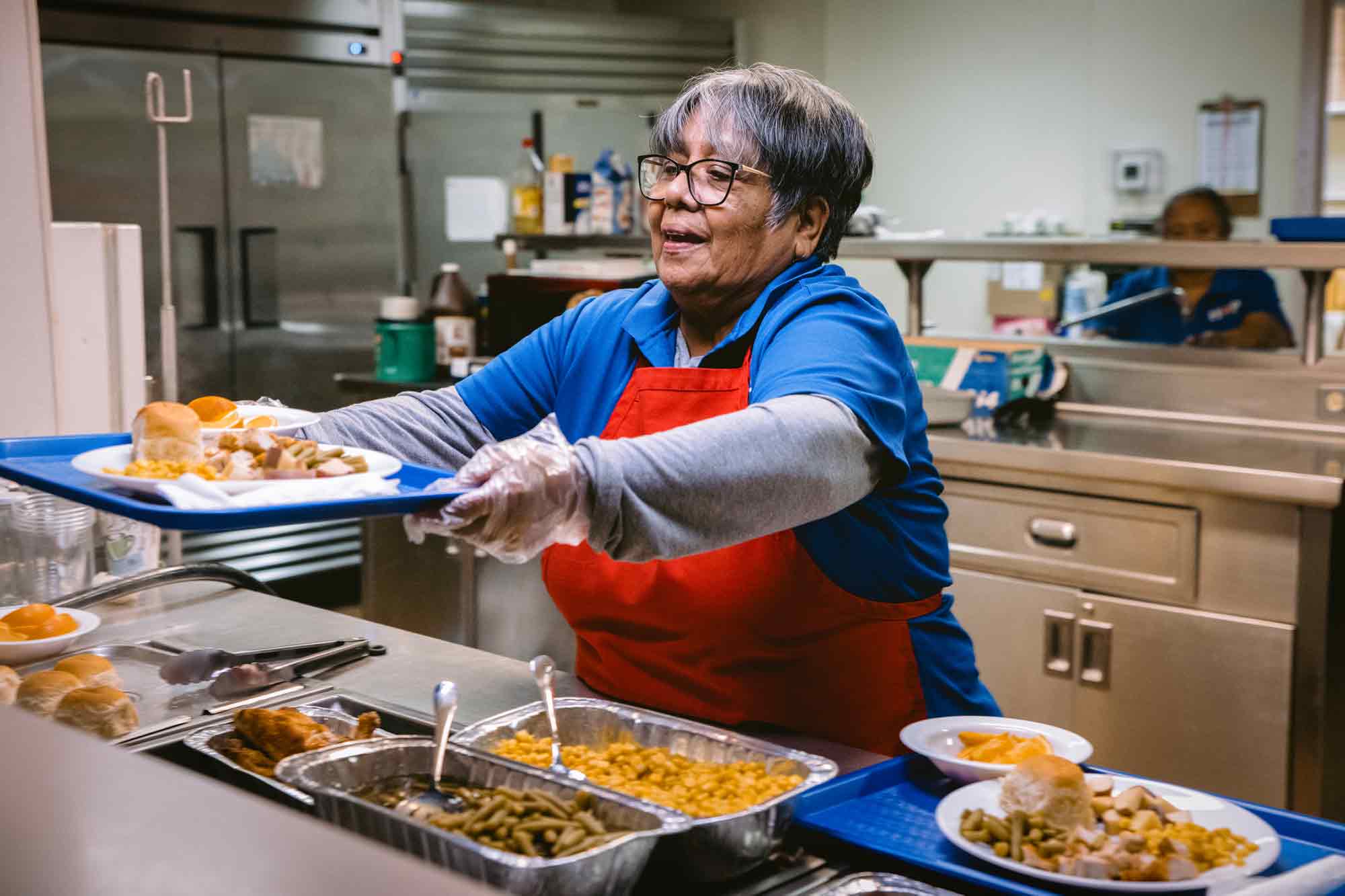Listen to this article
Listen to this article
Loading
Play
Pause
Options
0:00
-:--
1x
Playback Speed- 0.5
- 0.6
- 0.7
- 0.8
- 0.9
- 1
- 1.1
- 1.2
- 1.3
- 1.5
- 2
Audio Language
- English
- French
- German
- Italian
- Spanish
Open text
beyond the familiar. moving past culture shock in ministering overseas. [huge_it_slider id=”6″] after more than three years in kenya, i was convinced that our new appointment in london would be a piece of cake. consistent electricity, water flowing freely from the tap, and my favorite stores just a short walk away. i was excited when, soon after our arrival, my family and i piled into the car for our big outing to the local supermarket. we dashed inside and parted ways to “ooh” and “ahh” over the vast selection of goods. i thought i was in heaven. then i turned into the meat aisle. all i needed was some chicken, but i was suddenly overwhelmed by the wide variety of cuts available. it was more chicken than i’d seen in years, so i just stood there in front of the frozen food section and wept. culture shock is defined as a state of bewilderment and distress experienced by anyone who is suddenly exposed to a new, strange or foreign social and cultural environment. as an officer now on my third international appointment, i think it is safe to say that i am intimately familiar with all of its stages. when you first arrive in a new place, everything seems exotic and exciting. you feel like a tourist on holiday. days are spent exploring your surroundings, meeting interesting people, and writing home about your adventures. but the euphoria doesn’t last. reality quickly sets in and before you know it, you realize that you’re not on holiday. furthermore, every location presents its own unique set of challenges. in nairobi, kenya, i had to learn how to purify water, de-bug clothes from the wash line, and bathe in a bucket. in london, i had to acquaint myself with the train system, convert kenyan shillings to british pounds, and do battle with the national health service. now in kakamega, i must learn the basics of farming, cultivate recipes for an endless variety of beans and endure tropical rainstorms. you may not anticipate it, but dealing with such issues can be psychologically and spiritually challenging. moreover, because you miss friends and family, a sense of isolation creeps in, and depression can become a very real possibility. this always seems to be the longest phase, and sadly, some missionaries get stuck here and essentially give up. i’ve found that if you can focus on loving the people you meet, you will not only soon accept their customs and culture, but you’ll begin to appreciate and learn from them. you’ll find yourself loving their food, celebrating when they celebrate and crying when they cry. you’ll find new ways to live and you’ll feel secure and settled. most importantly, your ministry will become exhilarating and fruitful. that’s when you reach the final stage of culture shock––the moment you discover that you’ve learned more from the people you’re working with than they’ve learned from you. that’s when i pause and reflect on the fact that, because i’ve had the privilege of international service, my life is richer than i ever thought possible. somehow, it’s changed me, and i’m the better for it. it’s just like the spiritual transformation we undergo when christ comes into our lives. we are never the same again. romans 12:1-2 states, “therefore, i urge you, brothers, in view of god’s mercy, to offer your bodies as living sacrifices, holy and pleasing to god—this is your spiritual act of worship. do not conform any longer to the pattern of this world, but be transformed by the renewing of your mind. then you will be able to test and approve what god’s will is—his good, pleasing and perfect will.”. international service certainly requires sacrifice and your mind and spirit will unquestionably be stretched. yet, it is through venturing beyond the familiar that we gain a glimpse of god’s perspective of the world. we suddenly understand that while we’re all different, we’re also all the same, and that no matter where you are, you’re always at home. and that’s a great place to be. [button color=”black” size=”normal” alignment=”none” rel=”follow” openin=”newwindow” url=” more about commissioner jolene hodder’s experiences in walking in white, a compilation of hodder’s letters home while serving in kenya, organized around the song, “walking in white,” with her own reflections from today. purchase a copy of the book in print or kindle via amazon or tradewest.com[/button]
Open context player
Close context player
Plays:-Audio plays count
beyond the familiar. moving past culture shock in ministering overseas. [huge_it_slider id=”6″] after more than three years in kenya, i was convinced that our new appointment in london would be a piece of cake. consistent electricity, water flowing freely from the tap, and my favorite stores just a short walk away. i was excited when, soon after our arrival, my family and i piled into the car for our big outing to the local supermarket. we dashed inside and parted ways to “ooh” and “ahh” over the vast selection of goods. i thought i was in heaven. then i turned into the meat aisle. all i needed was some chicken, but i was suddenly overwhelmed by the wide variety of cuts available. it was more chicken than i’d seen in years, so i just stood there in front of the frozen food section and wept. culture shock is defined as a state of bewilderment and distress experienced by anyone who is suddenly exposed to a new, strange or foreign social and cultural environment. as an officer now on my third international appointment, i think it is safe to say that i am intimately familiar with all of its stages. when you first arrive in a new place, everything seems exotic and exciting. you feel like a tourist on holiday. days are spent exploring your surroundings, meeting interesting people, and writing home about your adventures. but the euphoria doesn’t last. reality quickly sets in and before you know it, you realize that you’re not on holiday. furthermore, every location presents its own unique set of challenges. in nairobi, kenya, i had to learn how to purify water, de-bug clothes from the wash line, and bathe in a bucket. in london, i had to acquaint myself with the train system, convert kenyan shillings to british pounds, and do battle with the national health service. now in kakamega, i must learn the basics of farming, cultivate recipes for an endless variety of beans and endure tropical rainstorms. you may not anticipate it, but dealing with such issues can be psychologically and spiritually challenging. moreover, because you miss friends and family, a sense of isolation creeps in, and depression can become a very real possibility. this always seems to be the longest phase, and sadly, some missionaries get stuck here and essentially give up. i’ve found that if you can focus on loving the people you meet, you will not only soon accept their customs and culture, but you’ll begin to appreciate and learn from them. you’ll find yourself loving their food, celebrating when they celebrate and crying when they cry. you’ll find new ways to live and you’ll feel secure and settled. most importantly, your ministry will become exhilarating and fruitful. that’s when you reach the final stage of culture shock––the moment you discover that you’ve learned more from the people you’re working with than they’ve learned from you. that’s when i pause and reflect on the fact that, because i’ve had the privilege of international service, my life is richer than i ever thought possible. somehow, it’s changed me, and i’m the better for it. it’s just like the spiritual transformation we undergo when christ comes into our lives. we are never the same again. romans 12:1-2 states, “therefore, i urge you, brothers, in view of god’s mercy, to offer your bodies as living sacrifices, holy and pleasing to god—this is your spiritual act of worship. do not conform any longer to the pattern of this world, but be transformed by the renewing of your mind. then you will be able to test and approve what god’s will is—his good, pleasing and perfect will.”. international service certainly requires sacrifice and your mind and spirit will unquestionably be stretched. yet, it is through venturing beyond the familiar that we gain a glimpse of god’s perspective of the world. we suddenly understand that while we’re all different, we’re also all the same, and that no matter where you are, you’re always at home. and that’s a great place to be. [button color=”black” size=”normal” alignment=”none” rel=”follow” openin=”newwindow” url=” more about commissioner jolene hodder’s experiences in walking in white, a compilation of hodder’s letters home while serving in kenya, organized around the song, “walking in white,” with her own reflections from today. purchase a copy of the book in print or kindle via amazon or tradewest.com[/button]
Listen to this article
















